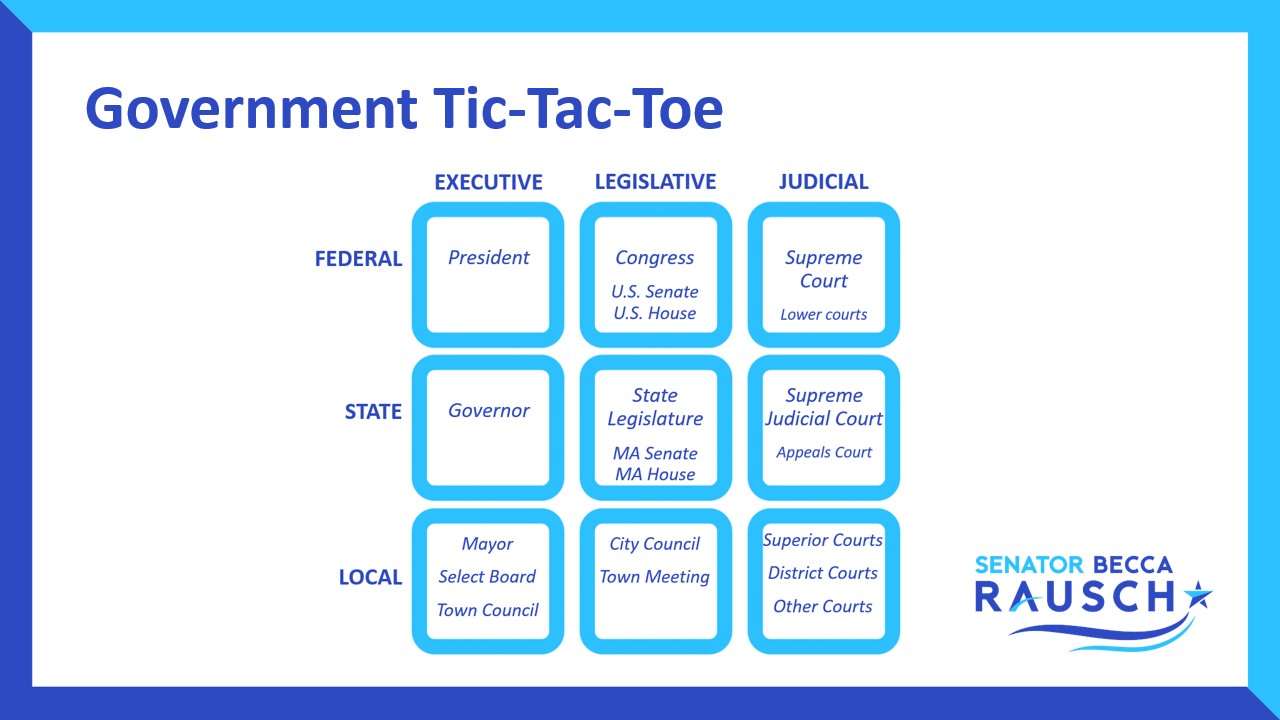What Will 2025 Mean for Labor?
Our guest author is Joseph A. McCartin, a professor of history and executive director of the Kalmanovitz Initiative for Labor and the Working Poor at Georgetown University in Washington, DC. He is also a member of the Albert Shanker Institute’s board of directors.
Only weeks into 2025 it appears as though this year will be one like no other in recent memory. Not only has power changed hands in Washington, bringing to office an administration that seems more determined than any in U.S. history to upend the status quo, this transition is taking place in a world in which democratic governments in many countries are struggling to deal with powerful ethno-nationalist populist challenges, AI is emerging as a potentially disruptive force in many workplaces, and our post-pandemic economic recovery seems to be slowing.
To predict how this year will unfold, though, seems impossible at this point – especially for a historian, for we are far better at explaining how we’ve reached this point than what is likely to come next. Nonetheless, there is one thing that anyone who has studied labor history can already say with confidence: 2025 is shaping to be one of the most consequential years that U.S. workers and their movement have ever faced.

